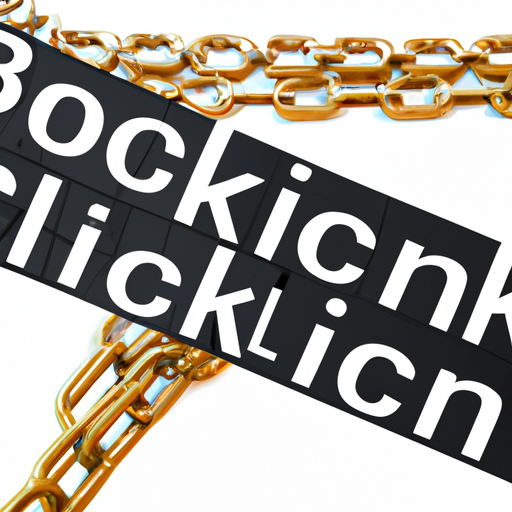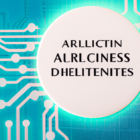In the fast-evolving world of technology, blockchain technology remains a hot topic, heralding a transformative era across multiple sectors. As we move deeper into 2023, advancements in blockchain continue to shape businesses and economies, offering solutions that prioritize decentralization, transparency, and security.
The Rise of Decentralized Finance (DeFi)
One of the most significant areas experiencing a surge in blockchain innovation is decentralized finance (DeFi). This transformative movement allows users to engage in financial activities without traditional intermediaries, lowering costs, and increasing efficiency. With platforms based on blockchain, users can lend, borrow, and trade assets freely.
Smart Contracts Revolutionizing Processes
Another notable advancement is the proliferation of smart contracts. These self-executing contracts with the terms of the agreement directly written into code are streamlining numerous processes across various industries, including real estate and legal. Their ability to automate and enforce contracts reduces the need for intermediaries and minimizes disputes, showcasing a practical application of blockchain technology.
The NFT Boom Continues
The world of Non-Fungible Tokens (NFTs) has also witnessed remarkable growth. Originally popularized by art and collectibles, NFTs now represent everything from music to virtual real estate. The integration of NFTs into various industries demonstrates the versatility of blockchain in creating unique digital assets that are verifiable and tradeable.
Blockchain Beyond Cryptocurrency
While the initial perception of blockchain technology was primarily in relation to cryptocurrency, its applications now extend far beyond. Industries such as supply chain management, healthcare, and governance are beginning to adopt blockchain to enhance traceability, security, and efficiency.
Conclusion
As we witness the ongoing emergence of blockchain technology, it is clear that this innovation is not only revolutionizing finance but is also infiltrating everyday processes and systems across various sectors. With endless possibilities, the future of blockchain appears promising, making it a cornerstone technology for the coming years.
Stay tuned for further updates on blockchain innovations and their widespread implications!






